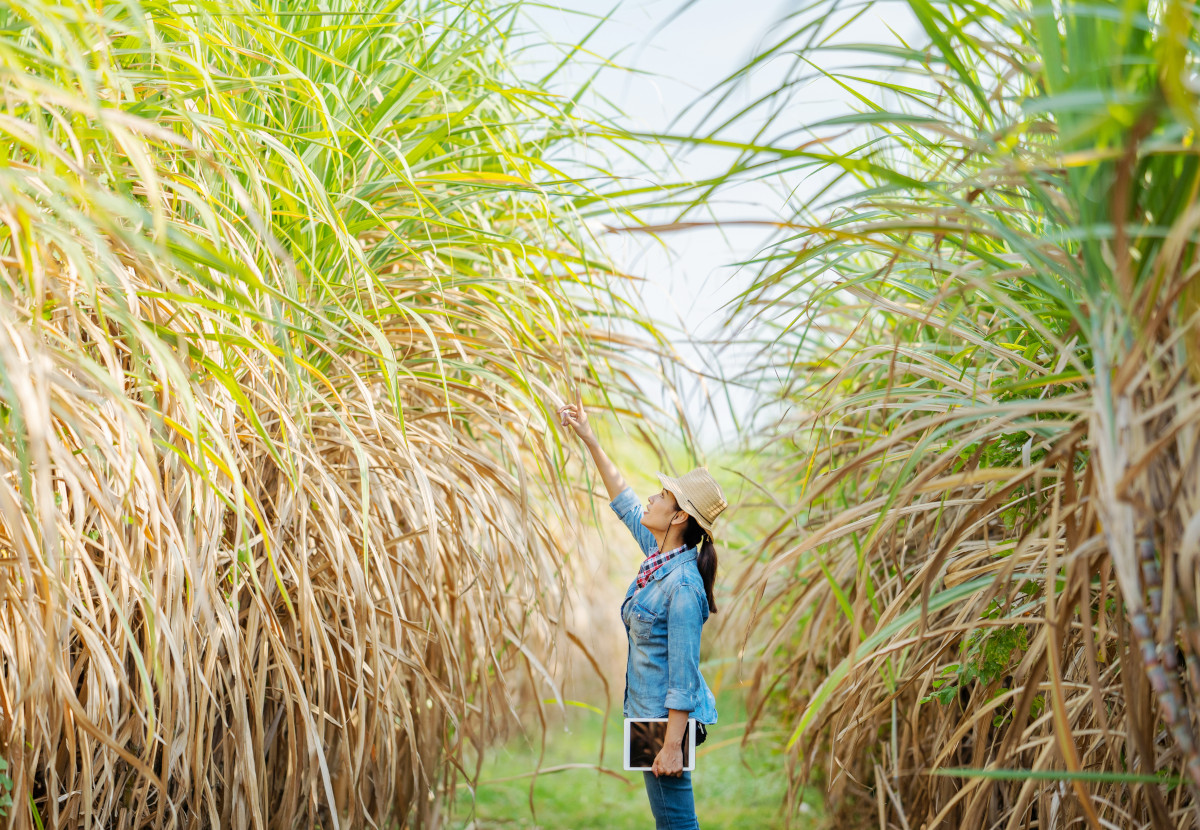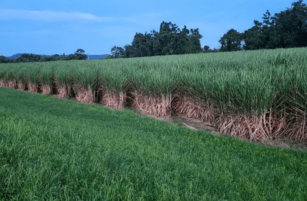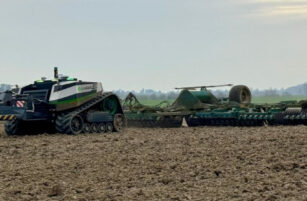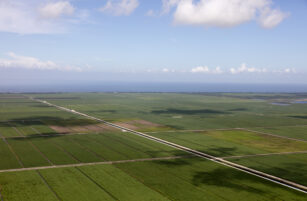Opinions Focus
- Cane harvesting starts in Thailand at the end of November.
- Heavy rainfall is making field access difficult.
- Farmers are still waiting for their final cane payment from the government.
Thai Cane Harvest Approaches
Thailand is the world’s third largest sugar exporter and an important supplier of sugar into East Asia. As we move into October, the cane harvest is just a few weeks away from starting. We expect a further recovery in the amount of cane crushed, to just under 100m tonnes.
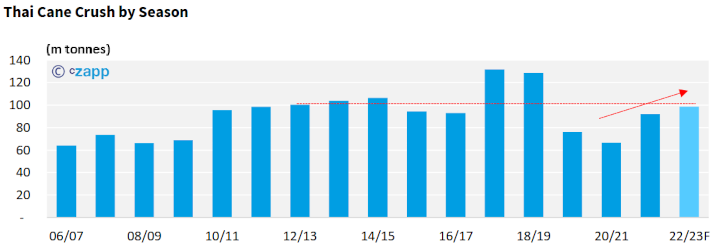
This is significantly higher than what was crushed 2 years ago, but also below what farmers achieved a decade ago. Worse, Thai cane farmers have several problems to deal with before they can start harvesting.
Heavy Rainfall
Rainfall in Thailand has been above normal for much of 2022. This will be good for cane development, and so agricultural yields this year should be fine.
Monthly Rainfall in Thailand

However, there’s now a race against time for soil to dry out so that cane harvesting machinery can enter the fields.
Fresh Cane Payments
Farmers are strongly discouraged from burning cane fields before harvesting in Thailand. Burning removes green matter from cane stalks ahead of harvesting and also clears fields of any dangerous wildlife. But it also leads to poor air quality. The government therefore offers farmers a THB 120/mt premium for cane which is freshly cut (unburnt) and delivered to mills. This season the government is aiming for 95% of cane to be freshly cut.
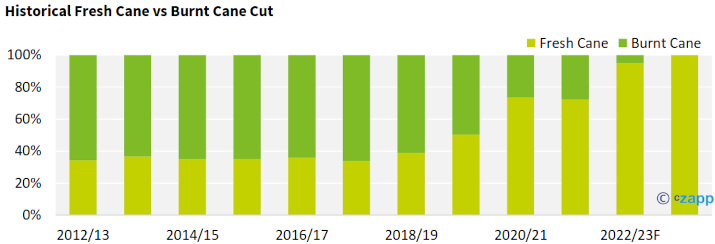
Normally, the farmers receive the payment between June to August each year. They can then use this money to enhance their crops, perhaps by buying additional fertiliser or to prepare land for the October planting season.
Unfortunately, this year payment has been delayed may only happen around November 2022. This may mean farmers switch away from cane and into cassava in future seasons.
Furthermore, Brazil continues to pressure on Thailand to remove subsidies paid to cane farmers, including the fresh cane top-up payment. We heard that the government is considering stopping the top up payment for fresh cane sooner than was planned. This year could be the final year it is paid. Again, this risks pushing farmers towards growing more cassava and less cane.
